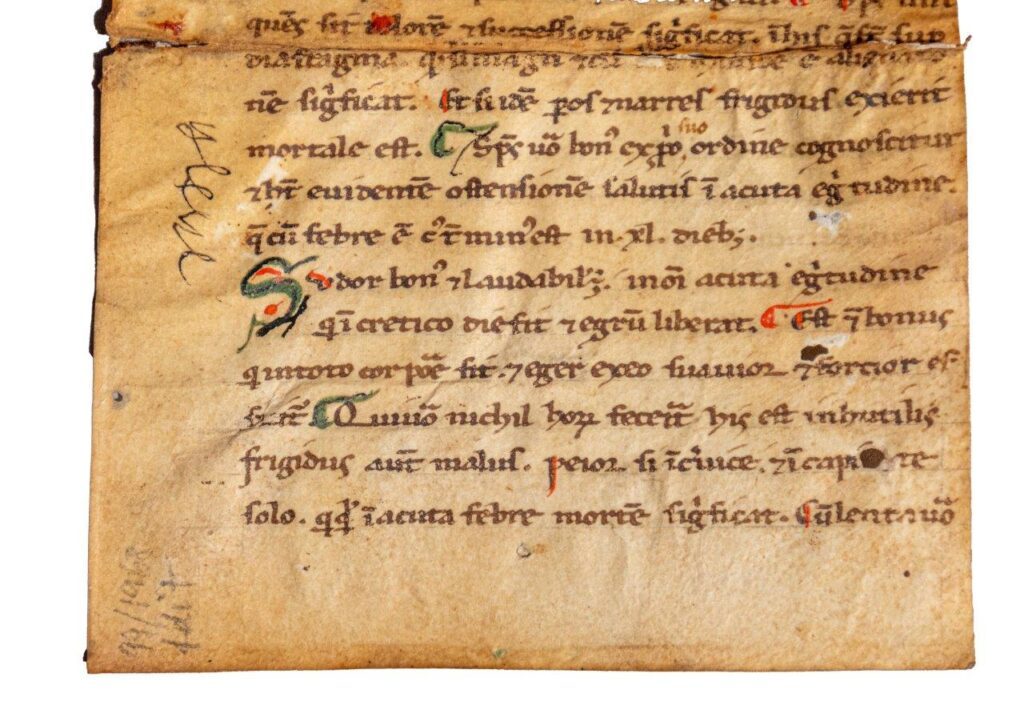Intro
The translation of ancient texts has long been a pivotal process in the transmission of knowledge from one culture to another, often serving as a bridge that allows for the exchange of scientific, philosophical, and medical insights. Among these, the works of Hippocrates, the legendary Greek physician, have held a special place. His contributions to medicine were foundational, setting the stage for centuries of medical practice and theory. However, a significant moment in the history of medical literature was the translation of Hippocrates’ texts from Arabic into Latin by Gerard of Cremona in the 12th century. This act not only made the works of Hippocrates accessible to the Western world but also marked a significant milestone in the broader field of translation and cultural exchange.
The Historical Context of Hippocratic Texts
The origins of Hippocratic texts trace back to ancient Greece, where in the 5th century BCE, Hippocrates laid the foundational stones of medical practice and ethics. These writings, profound in their understanding of human health and disease, transcended the confines of their birthplace to influence diverse cultures. As they were translated into Arabic during the Islamic Golden Age, they enriched the scientific scholarship of the era, allowing scholars such as Ibn Sina to further develop medical knowledge based on Hippocratic principles. This period of translation and enhancement encapsulated the texts’ journey through cultures, setting the stage for their eventual introduction to Western Europe. Before Gerard of Cremona’s translations, the linguistic barriers significantly limited Western scholars’ access to these comprehensive medical insights. The transfer of Hippocratic wisdom into Latin by Gerard was a crucial pivot, introducing the Western scholarly realm to a body of knowledge that had been nurtured and expanded upon by Arabic scholars for centuries.
Gerard of Cremona: The Translator Extraordinaire
In the heart of the 12th century, amidst the intellectual ferment of Toledo, Spain, Gerard of Cremona embarked on a transformative journey of translation that would bridge cultural divides and enrich the Western intellectual tradition. Driven by a profound passion for knowledge and an unwavering commitment to making the scientific and medical advancements of the Arabic-speaking world accessible to his Latin-speaking contemporaries, Gerard turned his attention to the works of Hippocrates. His translation efforts were pioneering, introducing the Latin world to the comprehensive insights of the Greek physician for the first time in a language they could understand. Gerard’s meticulous work did not merely involve the direct translation of text; it required an acute understanding of the nuances of both the source and target languages, as well as the scientific principles underpinning the medical texts. Through his dedication, Gerard of Cremona became a key figure in the annals of translation history, ensuring that the wisdom of the past was not lost but instead became a foundation for future generations.
The Impact of the Latin Translation of Hippocrates
The introduction of Hippocrates’ texts in Latin, courtesy of Gerard of Cremona’s translations, significantly altered the medical landscape of Western Europe. For the first time, medical scholars and practitioners had unmediated access to the corpus of Greek medical knowledge, bypassing previous layers of interpretation and commentary that had accrued over centuries. This direct access facilitated a deeper understanding and engagement with Hippocratic principles, notably in diagnosis, prognosis, and ethical considerations in medical practice. The ripple effects of this translation were felt across the burgeoning academic institutions of the time, notably influencing the development of medical curricula in medieval universities. The dissemination of these texts not only catalyzed a shift towards empirical observation and inquiry in medicine but also contributed to the broader intellectual movement that would eventually blossom into the Renaissance. Through Gerard’s work, the foundational insights of Hippocrates were woven into the fabric of Western medical thought, underscoring the enduring importance of cross-cultural scholarly exchange.
Gerard of Cremona’s Legacy
Gerard of Cremona’s contributions to the translation of ancient texts transcended the realms of medicine and science, positioning him as a central figure in the intellectual renaissance of the 12th century. His work, characterized by an unwavering dedication to knowledge sharing across linguistic and cultural barriers, illuminated the path for a European resurgence in classical studies and scientific inquiry. By bringing the comprehensive medical insights of Hippocrates, alongside pivotal works in astronomy, mathematics, and philosophy, from Arabic into Latin, Gerard not only facilitated a broader understanding and appreciation of these disciplines but also laid the foundation for future scholarly endeavors. His efforts catalyzed an intellectual awakening, fostering an environment where knowledge was deeply valued and vigorously pursued. Gerard’s translations enabled a dialogue between the past and the present, ensuring that the wisdom of earlier civilizations contributed to the cultural and scientific advancements of his time and beyond. Through his visionary approach, Gerard of Cremona immortalized himself as a beacon of knowledge exchange and intellectual curiosity, whose legacy continues to inspire the pursuit of understanding across diverse fields.
Conclusion
In the annals of medical literature and intellectual history, Gerard of Cremona’s translation of Hippocratic texts into Latin stands as a pivotal achievement that transcends mere linguistic accomplishment. By ushering the wisdom of Hippocrates into the Western scholastic tradition, Gerard not only augmented the corpus of medical knowledge available to European scholars but also exemplified the profound impact of cross-cultural scholarly endeavors. His work highlights the enduring importance of translations as vehicles for the dissemination of ideas and the advancement of collective human understanding. Gerard’s dedication to bridging the gaps between civilizations laid a cornerstone for the flourishing of intellectual curiosity and the expansion of scientific inquiry in the Western world. His legacy, characterized by a deep-seated belief in the power of knowledge transfer, continues to resonate, emphasizing the role of meticulous scholarship and cultural empathy in fostering a richer, more informed global discourse.
